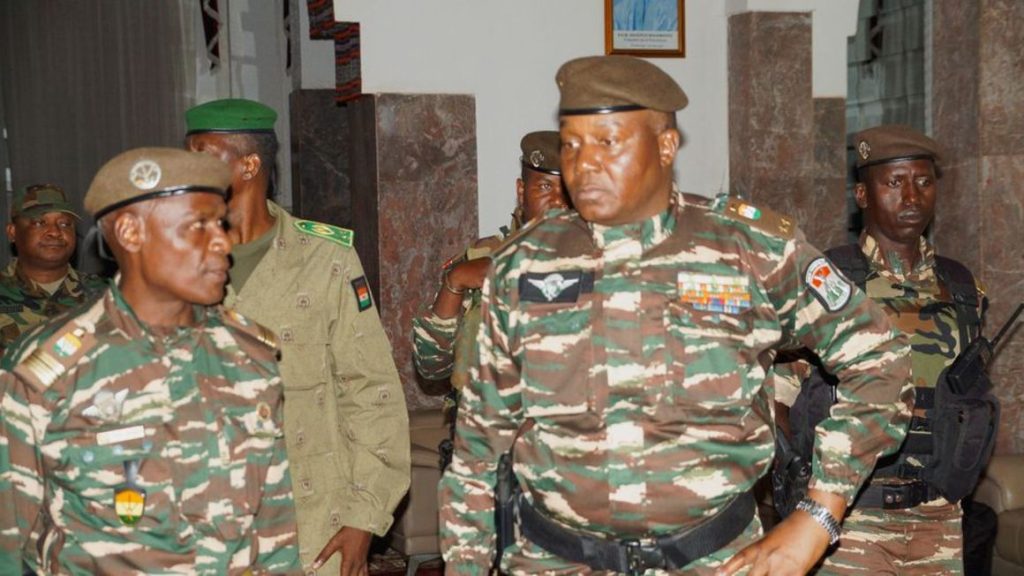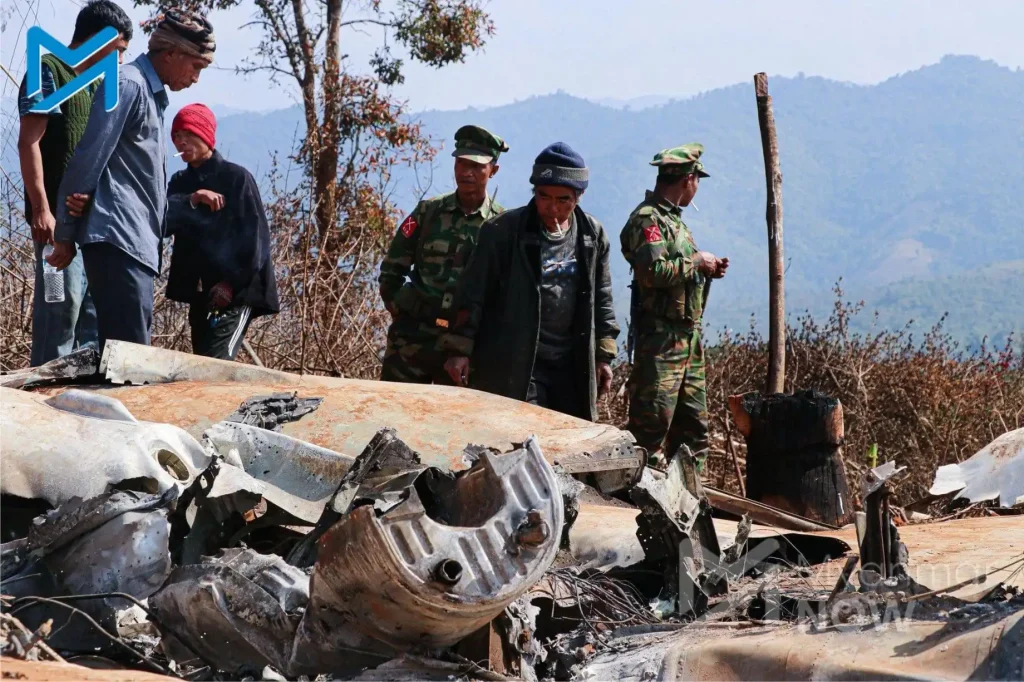On Tuesday, the United States officially designated Niger’s military takeover as a coup, resulting in the suspension of over $500 million in assistance to the country. This action comes after Niger’s military ousted President Mohamed Bazoum on July 26, detaining him and disrupting the democratic governance that the U.S. considered vital in the fight against growing Russian influence in the region.
Background of the Coup
President Bazoum had been a key Western ally in the battle against insurgent groups in the Sahel region, praised by President Joe Biden for his commitment to democracy. However, the military’s refusal to restore his leadership has prompted the U.S. to take decisive action.
State Department spokesman Matthew Miller stated, “Any resumption of U.S. assistance will require action by the National Council for Safeguarding the Homeland to usher in democratic governance in a quick and credible timeframe,” referring to the coup leaders known by their French acronym, CNSP.
U.S. Response and Aid Cuts
The U.S., along with West African nations and France, has been pressuring the military to reinstate Bazoum, but these efforts have not yielded results. A senior U.S. official remarked, “We’re taking this action because over the last two months, we’ve exhausted all available avenues to preserve the constitutional order in Niger.” The coup leaders are expected to restore civilian rule within 90 to 120 days, but U.S. officials believe they are unwilling to comply.
Under U.S. law, the formal designation of a coup necessitates a halt in assistance. This includes nearly $200 million that was already suspended and a $442 million package through the Millennium Challenge Corporation, which aims to support countries that uphold democratic norms and improve infrastructure for agriculture.
Military Presence in Niger
Despite the suspension of financial aid, the U.S. will maintain approximately 1,000 troops in Niger. While these troops are no longer actively training Nigerien forces, they continue to monitor threats from insurgent groups in the region. The U.S. also operates a major drone base near Agadez, a hub for anti-insurgent operations in the Sahel.
Regional Context and Future Implications
This decision coincides with the French military’s withdrawal from Niger after the coup leaders ordered them out, further complicating the security landscape in the region. In contrast to the more strained relations with France, the U.S. maintains a more stable connection with Niger, with Ambassador Kathleen FitzGibbon remaining in Niamey.
Secretary of State Antony Blinken previously visited Niger in March to support Bazoum’s leadership, particularly in light of military coups in neighboring Mali and Burkina Faso. Mali has since aligned itself with Russia, collaborating with the Wagner Group, a mercenary force notorious for human rights violations.
Concerns About Russian Influence
While Niger has not yet turned to Russia for support, U.S. officials express concern that the Wagner Group may attempt to establish a foothold there. Blinken recently spoke with the detained President Bazoum to reaffirm U.S. support for his return to power, emphasizing the need for the immediate release of those unjustly detained following the coup.
Miller reiterated the U.S. position, stating, “The United States calls for the immediate release of all those unjustly detained following the military takeover.” As the situation in Niger unfolds, the international community watches closely for signs of further destabilization and the potential spread of Russian influence in the region.























